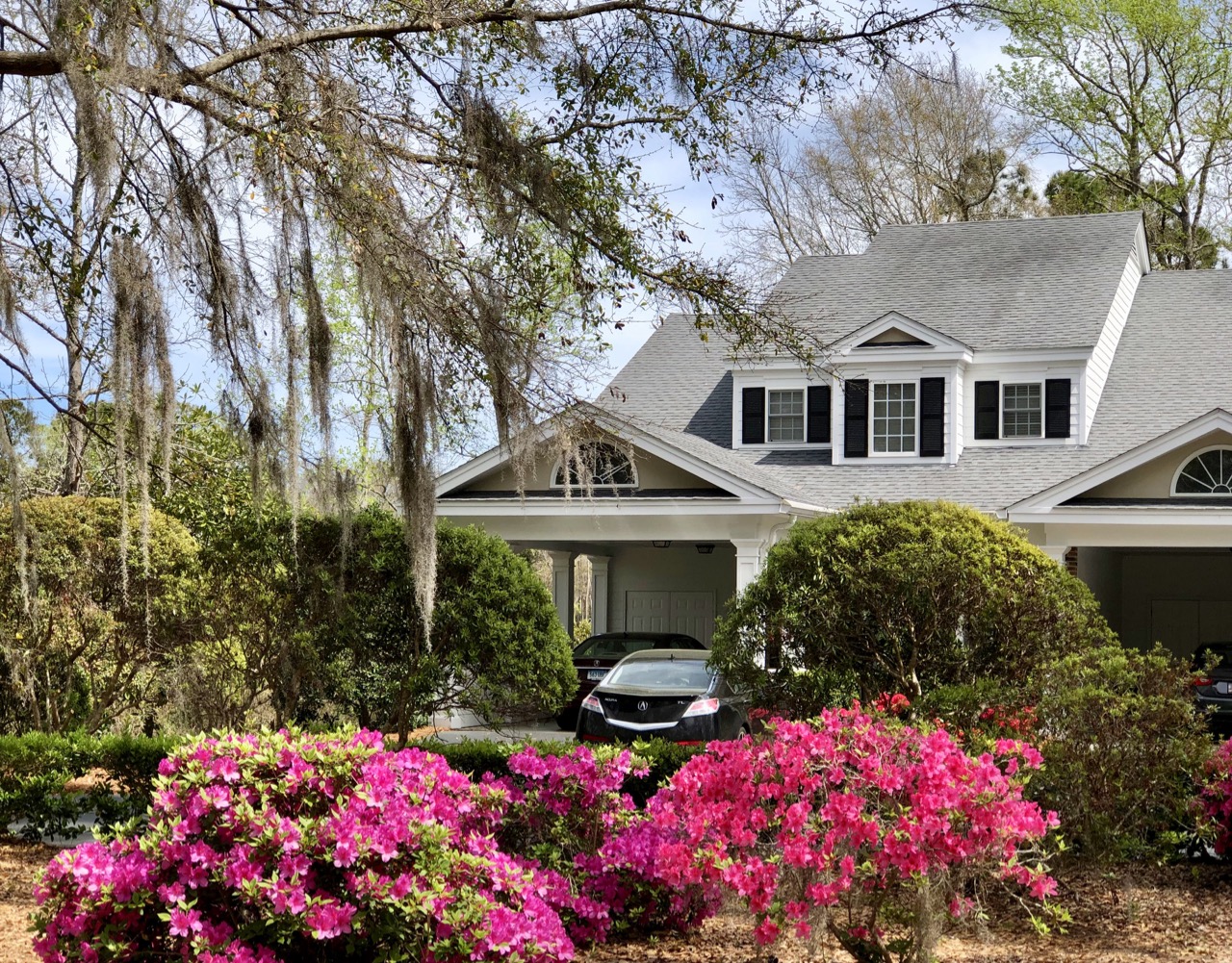There are two ways that a vacation golf home can pay you back –- and then some. One, of course, is if you choose the right market at the right time and your property increases in value until it comes time to sell. The other way is if you choose a vacation home in a location favored by other vacationers who are willing to pay a nice percentage of your carrying costs to rent it from you. You really hit the jackpot if you can accomplish both.
Count me as a skeptic on the issue of whether a vacation home can ever really pay for itself on an annual basis. That is because you pay taxes, homeowner fees, insurance and maintenance costs on your property in order to make it rent-worthy, and those expenses bite into your net income. And if you are an absentee landlord, you will need to hire a local or on-site agency to clean up your home after each renter departs. Those agencies will typically charge anywhere from 25% to 40% of your rental fee, turning $1,000 per week in revenue into as little as $600.
Myrtle Beach tops list for return on investment from rental income
Still, if you want to own a vacation for your own use a couple of weeks a year and defray the costs of a mortgage, then your best bet is to choose a market consistently favored by other vacationers, preferably during most months of the year. And for coastal-located golf homes, no market fits that description better than does Myrtle Beach, SC, according to a recent study by vacation rental property managers Vacasa that was published in last Sunday’s New York Times’ Real Estate section.
The Times used capitalization rate, or cap rate, to determine which of the Vacasa markets was home to the most profitable rental properties. The higher the cap rate the more profitable the property. Ocean Shores, WA, more beach than golfing destination, and Myrtle Beach, a supermarket of golf courses with excellent beaches, tied for the top spot with cap rates of 7.4% each. The average rental property in Myrtle Beach sells for $249,000, which means that such a property –- I rounded off to $250,000 -- returns on average $18,500 per year in net rental income (what is left after expenses). Condos like this one in Pawleys Plantation, south of Myrtle Beach, are popular among vacation renters, with golf on site and a beach just six minutes away.
Condos like this one in Pawleys Plantation, south of Myrtle Beach, are popular among vacation renters, with golf on site and a beach just six minutes away.
The cap rate does not factor in the cost of a mortgage; purchasers who can pay all cash for a property will make out better. Those who require financing will have to work the calculator a little harder, but can still count on at least paying for much of their carrying costs with rental income. Keep in mind, though, that some Myrtle Beach properties are located in designated flood zones, and Federal flood insurance –- which coincidentally covers up to $250,000 in structural damage -- can cost into the thousands of dollars each year. And you never know when the hot water heater might go and require an expensive replacement. On the other hand, if you maintain your vacation home as a business (see below), you can deduct certain expenses from your income taxes.
Understand that if you intend to “profit” through the rental of your vacation property, you will be limited in terms of how often you and your family members and friends can use the home for “personal” (vacation) purposes. The business web site Kiplinger has a tight explanation that is worth reviewing: “If you limit your personal use to 14 days or 10% of the time the vacation home is rented, it is considered a business. You can deduct expenses and, depending on your income, you may be able to deduct up to $25,000 in losses each year. That's why many vacation homeowners hold down leisure use and spend lots of time "maintaining" the property; fix-up days don't count as personal use.”
The almost $6,000 delta between what a $250,000 Myrtle Beach property can generate each year and the carrying costs on a mortgage is persuasive. (In theory, more expensive homes could return even more.) So too is the ability to deduct necessary expenses. Other golf-friendly coastal areas worthy of consideration on a cap rate basis are Panama City, FL ($419,900, 6.1%), Gulf Shores, AL ($409,900, 5.8) Ocean City, MD ($285,000, 5.4) and Cocoa Beach, FL ($339,000, 4.7).



